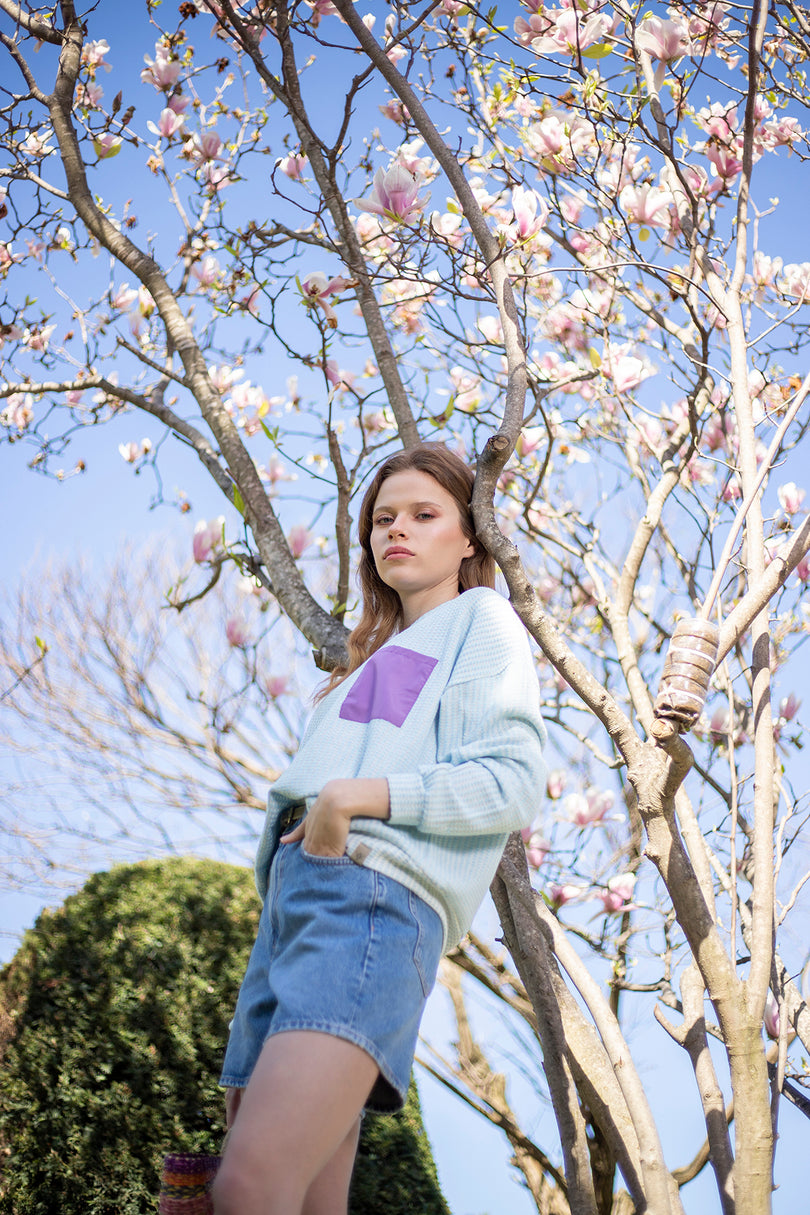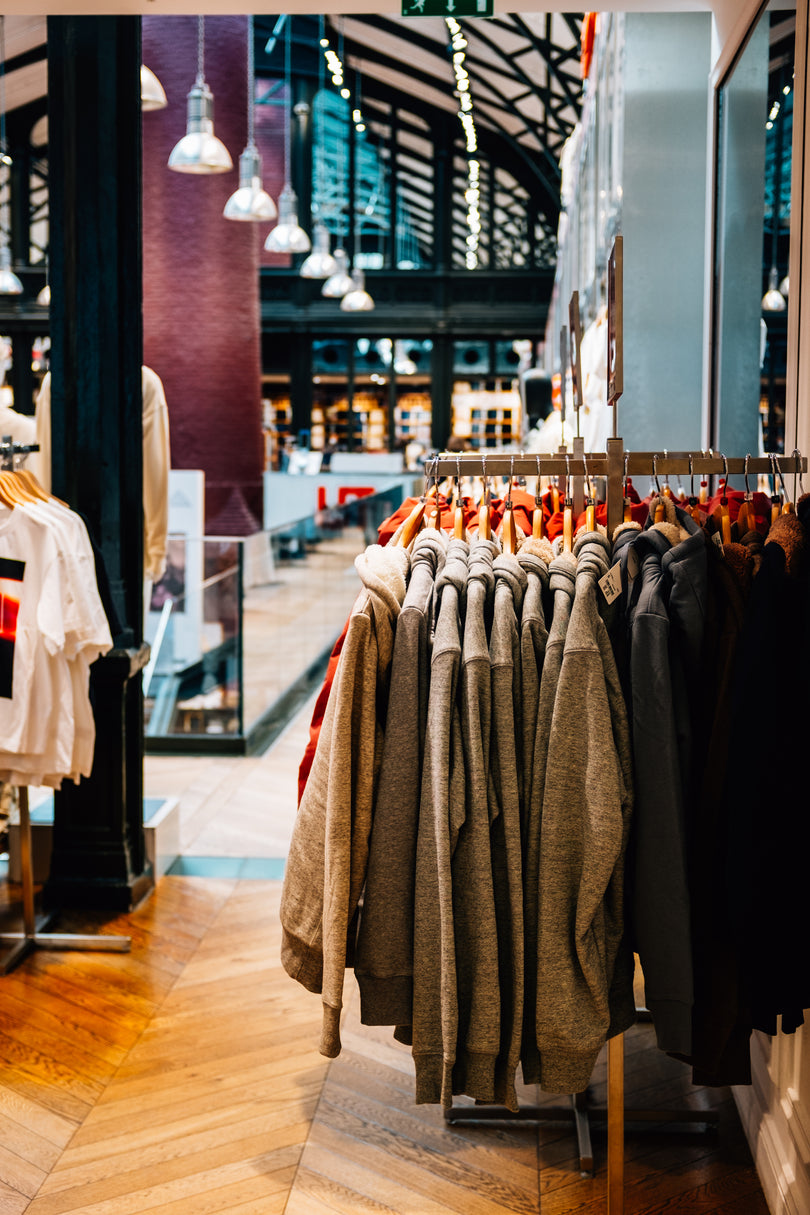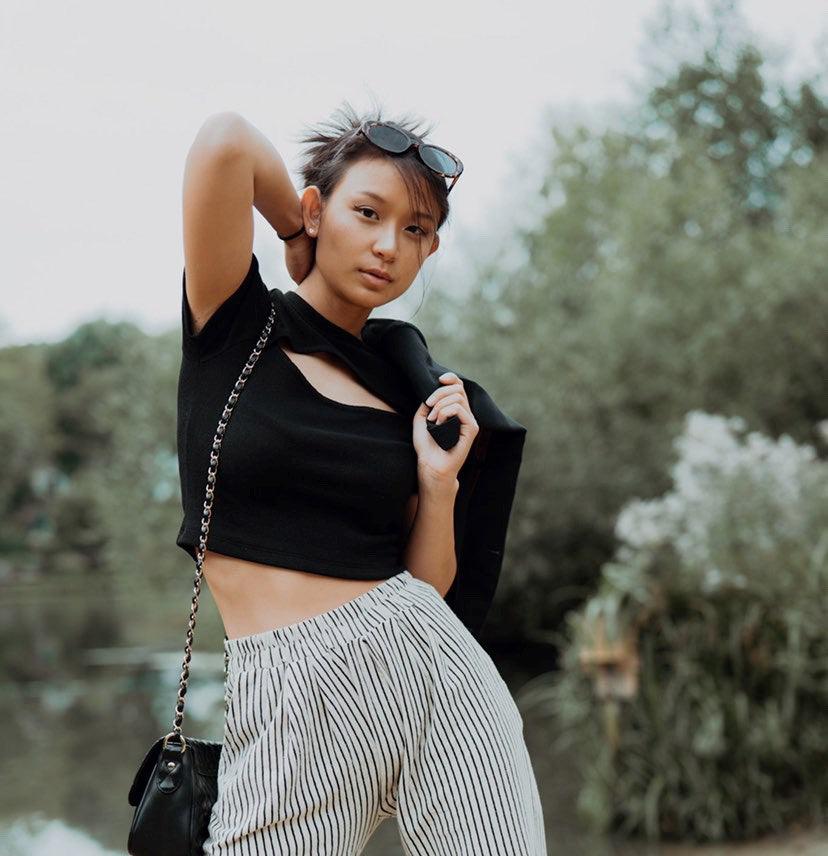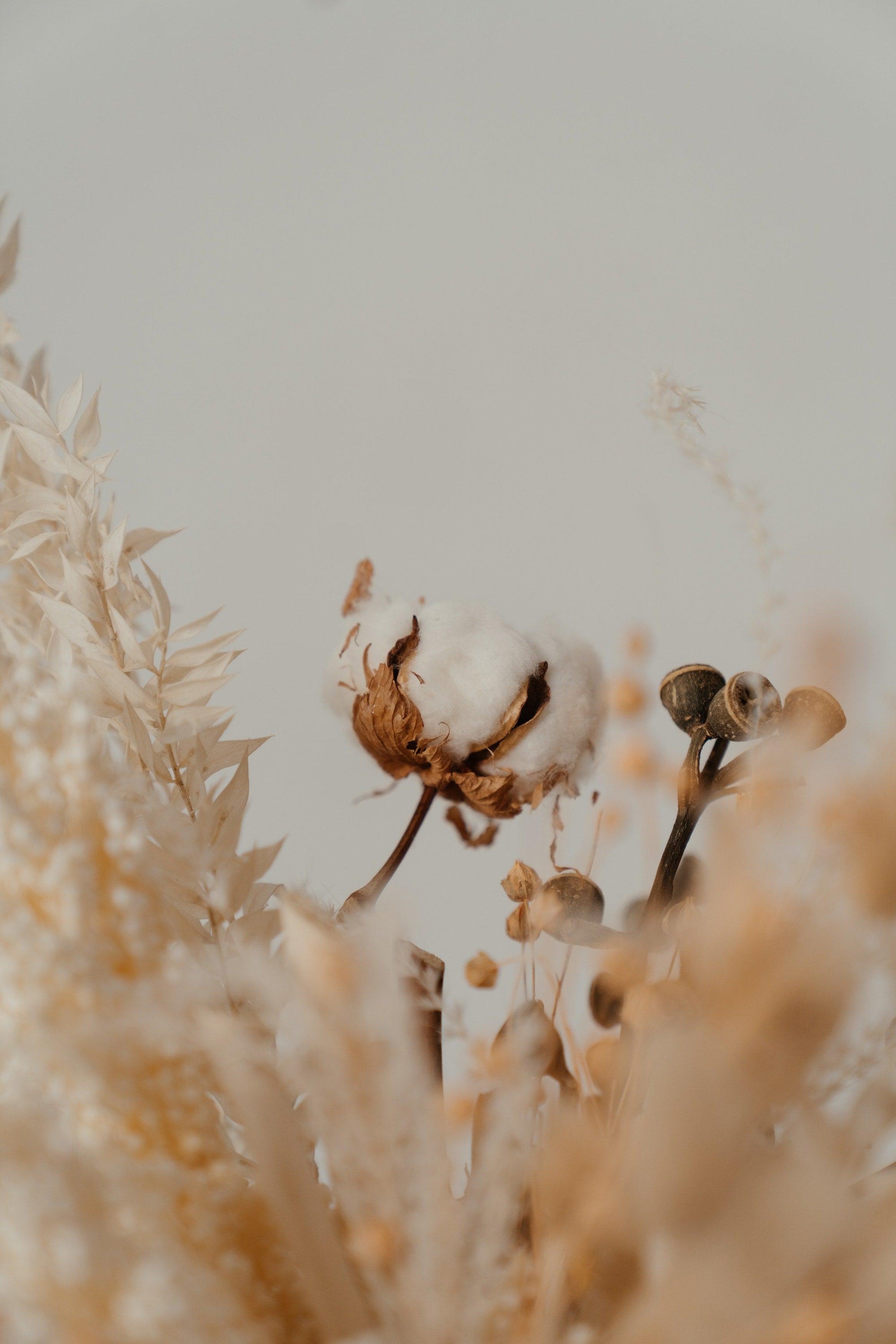If the word ‘sustainable’ has you thinking of tofu, sack cloth and fair trade mung beans all at premium prices, Bee & Alpaca – a bright new fashion start-up – is going to change your mind.
The rapid rise of unsustainable ‘fast fashion’ means that there are many minds to change; teens and adults flock to stores and websites, while sustainable brands stand by unable to match the glamour or the cut-price appeal.
But, while fast fashion houses add up to 6,000 lines a day to their collections, surveys suggest that 60% of young people want to make fashion more ethical and sustainable. Bee & Alpaca’s founder and CEO, Deniz Dincer, wants that too, but thinks that being beige, boring and beyond affordable is not the answer.
Deniz’ answer, instead, saw him tour the mid-scale contract manufacturers and sort through and carefully pick from overstocks, ends of bales and discarded quality fabrics and offcuts. The industry calls it ‘deadstock’ and normally tips it away or burns it, but Deniz knew that Bee & Alpaca could use it to make unique, limited runs of stylish, sustainable and affordable clothing.
Bee & Alpaca’s sustainable style is also a foil to fast fashion’s fixation on short product life and continual cycles of replacement to feed its bottom line. The new brand concentrates instead on creating timeless pieces that won’t go out of style in six months time.
“The fashion industry leaves behind a lot of waste fabric, and it gets labelled as deadstock. Sometimes there are minor consistency issues - which in many cases are purely technical, are invisible to customer, or which a new design can take into account. Other times the fabric did not meet purchasing or manufacturing order criteria, such as the exact gram per square metre density or colour tone requested by the buyers.”
In this way, waste fabrics worth up to $120 billion are burnt, dumped or warehoused every year. Bee & Alpaca save some of that from incinerators and landfills around the world and produce limited runs of stylish originals made from upcycled quality fabrics.
“It seems trivial to label fabric as deadstock, waste or excess ”, says Deniz, “just because it was dyed a slightly wrong colour , had a slightly different texture or a few small imperfections and the brand rejected it, even though it is still perfectly usable. Instead, Bee & Alpaca upcycle these into exclusive and limited-run clothing lines. Our biggest batch to date was only a few hundred items.”
Public awareness of environmental issues is now at the level where it is prepared to accept the imperceptible differences in colour or texture that a fashion house could not stomach. Fast fashion, in turn, is responsible for producing extraordinary levels of waste at a time when indiscriminate dumping, landfill and incineration are the cause of so many problems the world over.
“The fashion industry has hundreds of sustainability problems, from water waste to landfill to workers’ rights, and no single brand can tackle them all,” says Deniz. “By transforming so-called deadstock materials into upcycled clothing, we can solve a few of these problems whilst balancing all the other aspects.”




